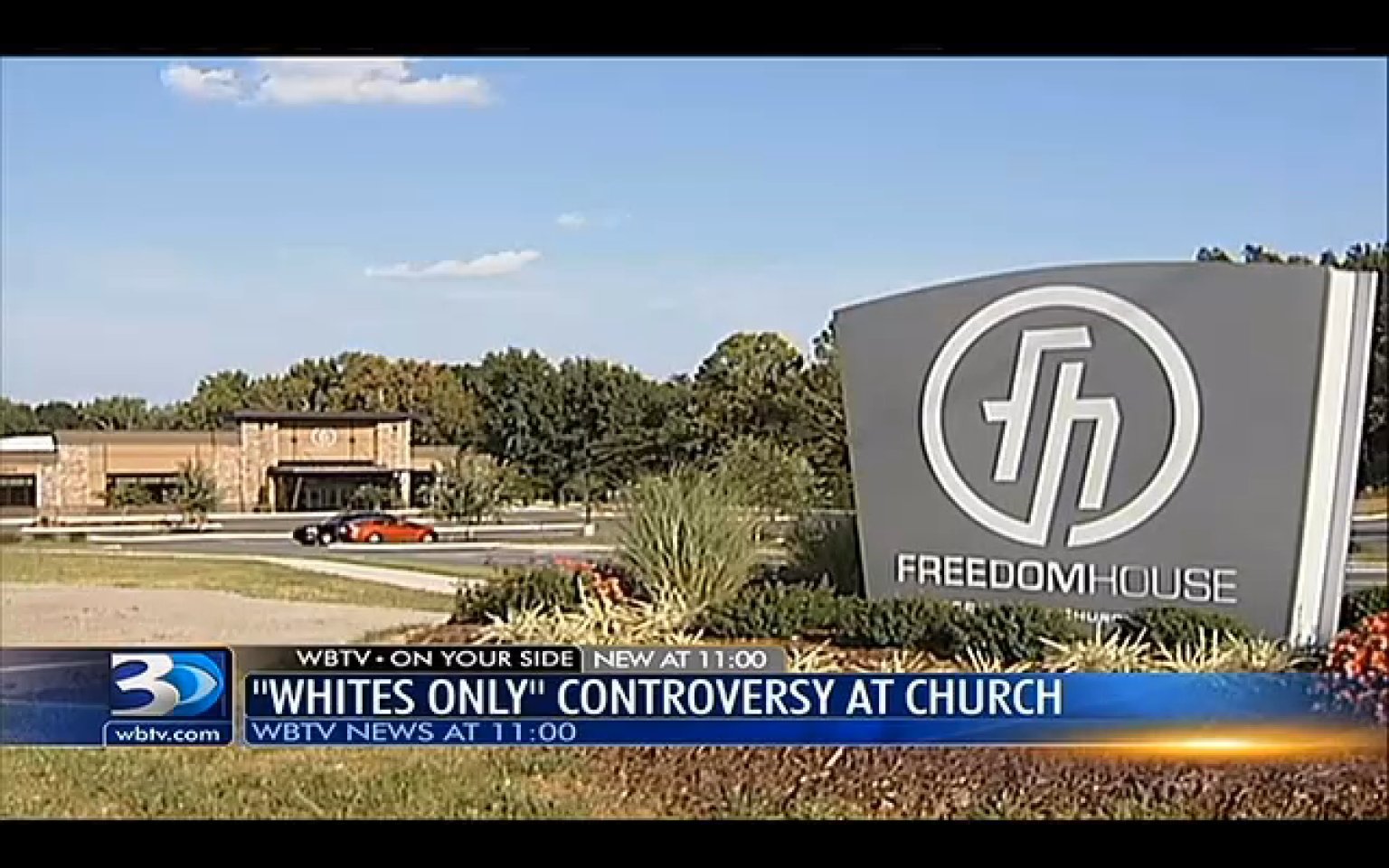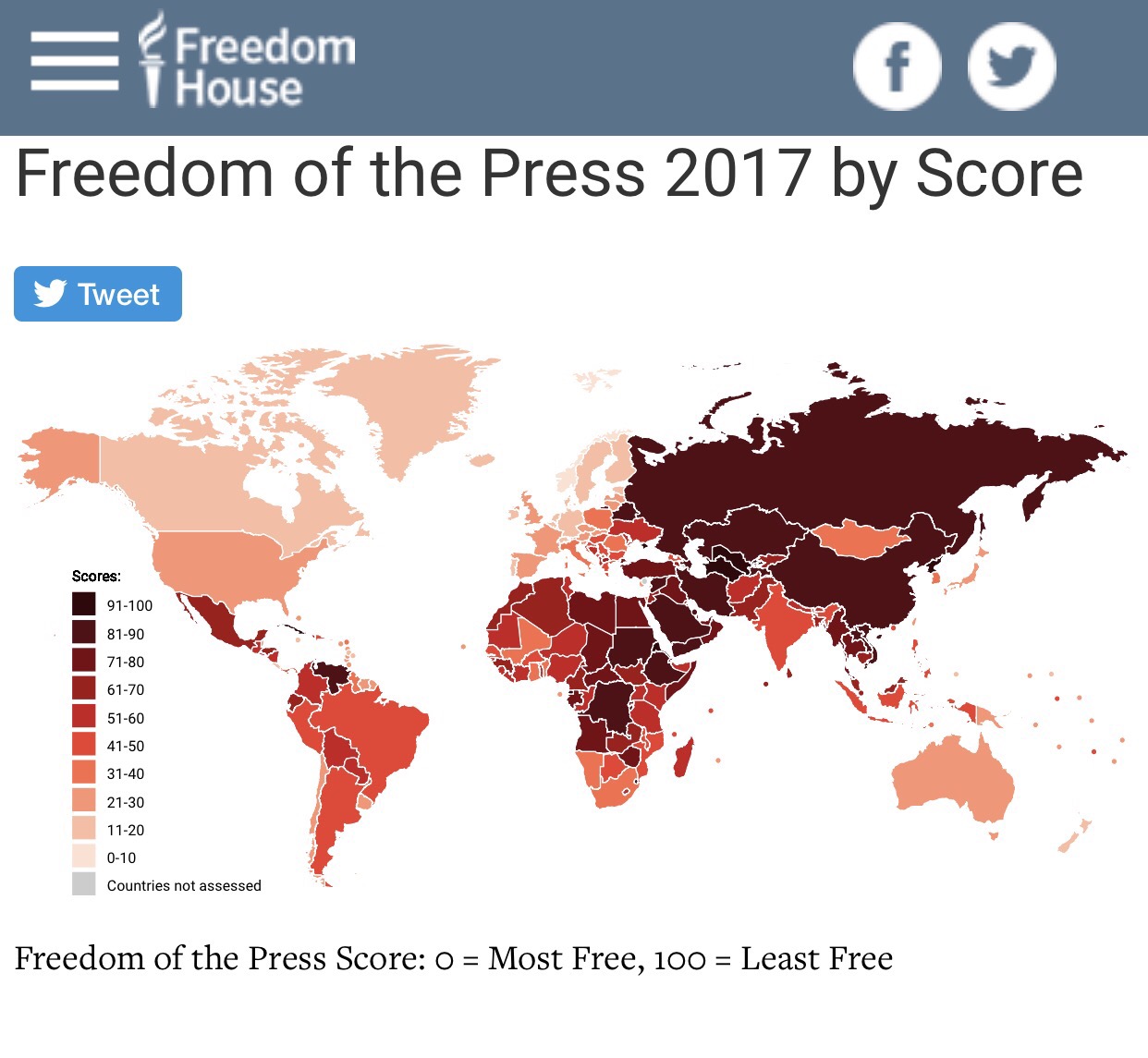
Kevin McCarthy, the Speaker, claims he started pushing Joe Biden to discuss the issue in February. You will win the debate on cultural issues.”Įach of the negotiators in the debt-ceiling standoff has a different narrative about when the drama began. “You have to just plow through them and win the debate. “You’re going to get called names-bigot, racist, appeaser, nationalist,” he said. He calls his primary enemy “the woke and weaponized regime.” He’ll tell you, for instance, that the Department of Education should really be called the Department of Critical Race Theory. Working for Trump taught him the value of combining esoteric debates over budget policy with the pyrotechnics of the culture wars. Vought, who is forty-seven, bald, bearded, and bespectacled, considers himself a “budgeteer” with a special bent. “He understands an enormous amount of federal budgeting, and that makes him a very big player.” “Russ is the guy conservatives go to for intimate knowledge of how the federal budget works,” Newt Gingrich told the Washington Post. During the past six months, he has advised House conservatives in the intensifying showdown over the debt ceiling. In the Trump White House, Vought ran the Office of Management and Budget-first as deputy director, then as its head. The former Trump Administration officials at the Center for Renewing America include Jeffrey Clark, who tried to overturn the 2020 election from inside the Justice Department Ken Cuccinelli, an incendiary former Homeland Security official and Kash Patel, a political appointee at the Department of Defense whose bio touts his pending lawsuits against the Times, CNN, and Politico “for defamation.” He is currently the president of the Center for Renewing America, a far-right group operating under the aegis of the Conservative Partnership Institute, a well-funded network that many in Washington regard as a kind of Trump Administration in exile its main affiliate is America First Legal, an advocacy organization founded by Stephen Miller, Donald Trump’s senior adviser. “They have the numbers to insist on a paradigm shifting, conservative speaker.” He added, “They must not fail.”Ī lot had changed since Vought wrote his RedState warning in 2010. “The House Freedom Caucus was made for this moment,” he tweeted, a day after the election. Last November, when Republicans took back the House but fell short of the landslide they were expected to win in the midterms, Vought saw a historic opportunity. In 2015, they retaliated against Boehner, who eventually retired, and, in the process, created the House Freedom Caucus, a group of ideologues and extremists who made it their mission to antagonize Party leadership. To the conservatives, this was an unforgivable deceit. To avoid a catastrophic default, the Speaker, John Boehner, made a deal with the White House, and cobbled together a majority by trading conservative Republican votes for moderate Democratic ones. refused to raise the debt ceiling, in order to pressure the Obama Administration to cut the federal budget.

The following year, after Republicans picked up sixty-three House seats in the midterms, an insurgent wing of the G.O.P. have enough road blocks to put up when Leadership is going off the rails of principle.”

“If you are a conservative,” he wrote in his RedState article, “you want checks in the system to ensure that conservative back benchers . . . Vought left the House disenchanted, in the summer of 2010, taking a job with Heritage Action, an advocacy arm of the Heritage Foundation. In his view, the top Republicans in the House, starting with the Speaker, were primarily interested in preserving their own power, and they “distracted” conservative members from pursuing more explosive ideological fights. A few weeks before the 2010 midterm elections, when pollsters from both parties were uniformly predicting a Republican rout, an article appeared on the right-wing Web site RedState with the title “It’s Time to Make GOP Leadership Less Powerful.” Its author, Russell Vought, was a thirty-four-year-old budget wonk who had previously worked as a House aide for Mike Pence, then the Conference chair. “I learned a lot from being on the inside,” he told me recently.


 0 kommentar(er)
0 kommentar(er)
